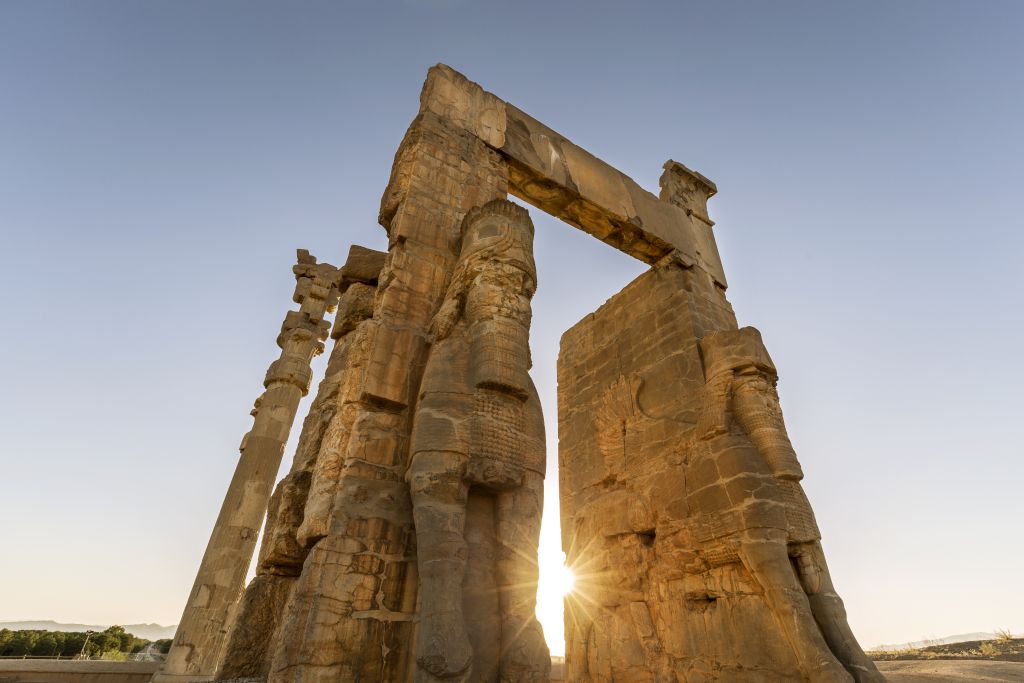While looking into the etymology of the name of an athlete, promising 19-year-old Adriana Vilagoš (Serbia) in the javelin, I stumbled on something unexpected and quite intriguing some time ago.
To begin with, her surname stands out as of no Serbian origin but actually Hungarian and means something like ‘bright’ or ‘bearing light.’
Yet, moving further, Vilagoš also happens to be the Hungarian name, since once part of the Kingdom of Hungary, of the Romanian commune of Siria, Arad County in western Romania.
Now, what may be special about it? The name ‘Siria’ is actually Asturian/Spanish but can also be found in Irish, potentially also Celtic by implication, and Italian all deriving on the Latin ‘Syria’ that is no other than… Syria!
Which, in turn, means that at some time in history people from Syria came and settled in the area to carry that name. When might that have been?
There seems nothing to be found about that whilst the earliest record of the village/commune surfaces in the 12th century AD, where it appears that it already carried that name then.
Phoenicians, among whom Syrians fell in, definitely settled southern regions of the Black Sea as well as Illyria in deep antiquity but did their presence stretch further up towards central Europe? The name of Siria in western Romania may imply that they might have done.
The picture shows the ruins of the medieval citadel of Siria that was apparently built in the 13th century AD.



